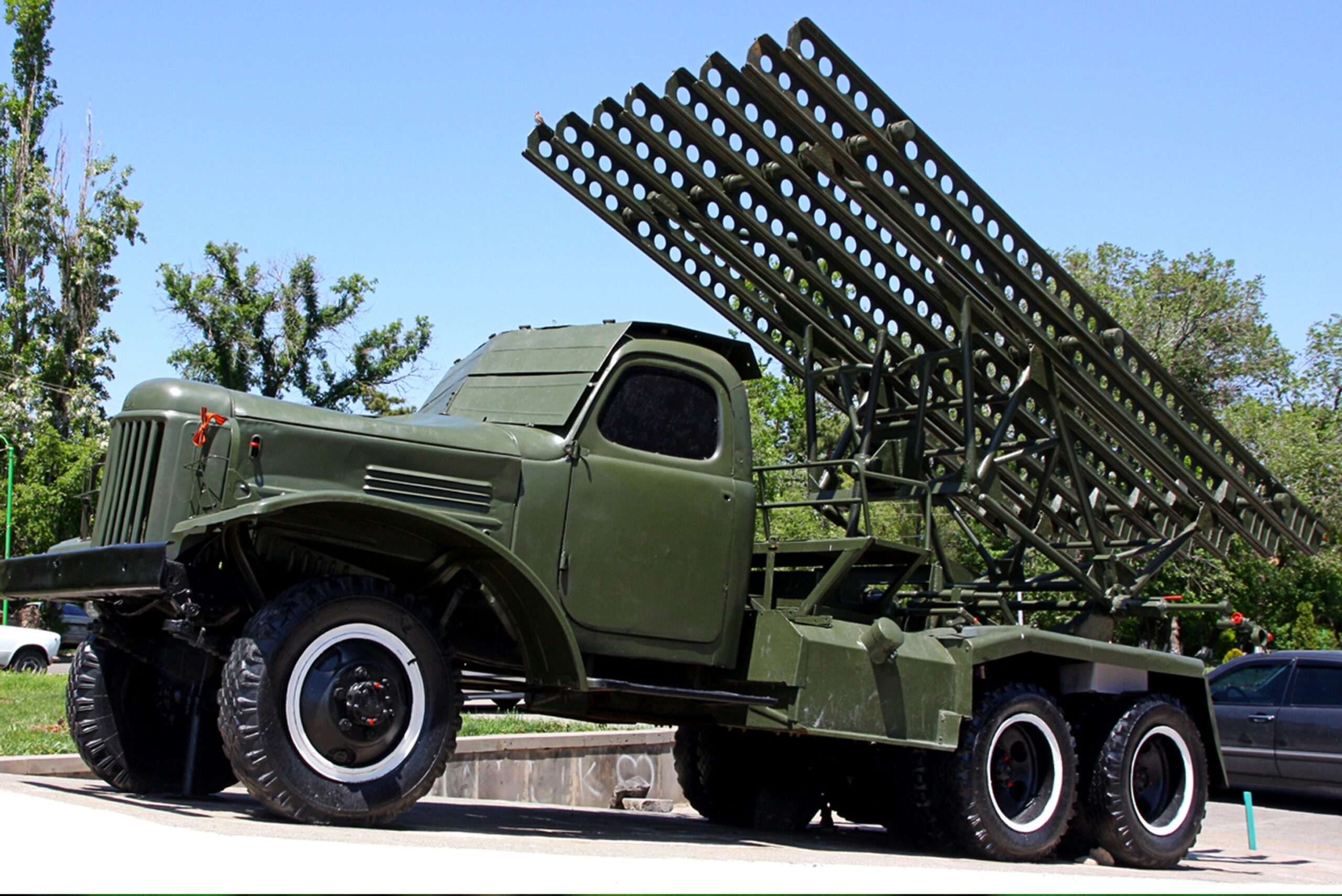
Following Russia's invasion of Ukraine, the European Union (EU) sought to diversify its gas supplies to reduce its energy dependence on Russia, and signed an agreement with Azerbaijan in 2022, significantly increasing Azeri gas exports to Europe. Faced with the resurgence of conflict in Nagorno-Karabakh, the European Union has been widely criticized for its lacklustre reaction, anxious not to alienate Baku.
On Tuesday, September 19, 2023, Azerbaijan launched a new military offensive in the enclave of Nagorno-Karabakh, a secessionist region with a majority Armenian population, which Baku and Yerevan have been disputing for several decades. Claiming to be carrying out an "anti-terrorist" operation against the pro-Armenian forces that control it, Azerbaijan has in turn been accused by Armenia of carrying out a "war on terror". ethnic cleansing" . The following day, as the attack resurrected the bloody memories of the 2020 war, a ceasefire was negotiated between the belligerent forces. Providing for "{the withdrawal of the remaining units and servicemen of the Armenian armed forces}", as well as their "{dissolution}" and "{complete disarmament}", the agreement offers a glimpse of a peaceful settlement to the conflict, even if the salvation of the Armenian population in Nagorno-Karabakh remains unresolved.
A European Union in retreat
While Armenian separatist forces agreed on Thursday to consider "{reintegrating}" this disputed territory into Azerbaijan, the possible resolution of the conflict through negotiation is far from being the work of European diplomacy. Indeed, since the resumption of hostilities, the European Union has confined itself to symbolically condemning the attack, without taking any concrete coercive measures. Yet Armenia and Azerbaijan are an integral part of the European Neighborhood Policy (ENP), the very essence of which is to offer the EU's peripheral countries the conditions necessary for their political and security stability. Its other objective is to " promote the EU's essential interests in good governance, democracy, the rule of law and human rights ". It would seem, then, that the EU is incapable of translating its political ambitions into concrete action in the Caucasus. The non-existence of European diplomacy on the Nagorno-Karabakh issue - and, more broadly, the Union's chronic inability to defuse this decades-old conflict - has led to scathing criticism. At the European Parliament on Wednesday, many MEPs of all political persuasions voiced their indignation: François-Xavier Bellamy, French vice-president of the Parti Républicain, warned that " if Europe [remained] passive in the face of Azerbaijan's war against the Armenians of Nagorno-Karabakh, it [would be] guilty in the eyes of history ".
So how do we explain the European Union's reluctance to get more involved in a conflict taking place on its doorstep? How can we understand its lax attitude towards a dictatorial political regime known for its tendency towards warmongering?
Energy imperatives to blame
In the aftermath of Russia's invasion of the Ukraine, political Europe sought to create new energy supply channels to emancipate itself from Russian tutelage. Deprived of gas from the Kremlin, Europeans turned to Azerbaijan to keep their heads above water. In July 2022, they signed the agreement which, between 2021 and 2022, would lead to an almost 30% increase in Azeri gas exports to Europe. In short, if the European Union is reluctant to oppose Baku's policy in Nagorno-Karabakh, it's because it cannot, to put it colloquially, "bite the hand that feeds it". According to Nerses Kopalyan, professor of political science at the University of Nevada, Las Vegas, the fact that Europe has nothing " than to go begging to Azerbaijan. ". This explains the European unease surrounding the resumption of hostilities in Nagorno-Karabakh.
But there's no need to wait for the return of conflict for the agreement to stir up controversy: the day after it was signed, in an article in the MondeMore than fifty elected representatives from across the political spectrum took the floor to denounce the damaging consequences the agreement would have on the international economy. They denounced the risks of a new energy dependency - arguing that "{by choosing Azerbaijan as a gas supplier, Ursula von der Leyen [had] weakened the European Union}" - as well as the financing of a regime "{that indulges in every conceivable human rights abuse}". For them, the contract merely shifted the problem of energy dependence and risked strengthening a regime that has not hesitated in the past to use phosphorus bombs, which are completely illegal.
What future for European diplomacy?
Baku plans to double its deliveries to Europe by 2027. According to The Economist magazine, this promise is untenable, firstly because it believes that Azerbaijan will be unable to keep pace with booming local and international demand, and secondly because doubling its exports will require colossal investment: the Trans Adriatic Pipeline is already running at full capacity, and another would have to be built. So if the deal is politically questionable, it's equally so economically. Nevertheless, Azerbaijan's President Ilham Aliev has nothing to worry about at the moment. Dominique Baillarda journalist with RFI, "can count on the support of his clients and allies" Hungary and Italy.
Beyond the conflict in the Caucasus, this episode reminds us just how difficult it is for the European Union to act as a coherent political player on the international stage. Dependent on other states for its energy supplies, its international diplomacy suffers the consequences. It often struggles to free itself from economic diktats, at the expense of the political and normative considerations it claims to defend. While the European Union now wishes to demonstrate genuine "strategic autonomy" in political and security matters, it is clear that it does not yet have the means to do so. The various European strategic redeployment projects, notably the development of lithium mines on the Old Continent, are designed to reverse this trend. Only time will tell whether these policies will have a real impact.
Marc-Aurèle Barez
Sources
[1] ''Azerbaijan has launched a military offensive in the enclave of Nagorno-Karabakh, the UN Secretary General calls for an "immediate halt to the fighting"'', Le Monde, 19.09.2023
[2] "Nagorno-Karabakh Armenians agree to ceasefire after Azerbaijan offensive", France24, 20.09.2023
[3] "Nagorno-Karabakh Armenians accept ceasefire after Azerbaijan offensive", art.cité
[4] European Commission, "European Neighbourhood Policy", official website of the European Commission, URL link : https://commission.europa.eu/strategy-and-policy/policies/european-neighbourhood-policy_fr
[5] Bellamy, François-Xavier, "Intervention en commission des affaires étrangères au Parlement européen", September 20, 2023. Via X (old. Twitter) URL link: https://twitter.com/fxbellamy/status/1704451650545422751?ref_src=twsrc%5Etfw%7Ctwcamp%5Etweetembed%7Ctwterm%5E1704451650545422751%7Ctwgr%5Ed843b71f6f01a82903495ee6e40f65ed61efa353%7Ctwcon%5Es1_&ref_url=https%3A%2F%2Ffr.euronews.com%2Fmy-europe%2F2023%2F09%2F20%2Fhaut-karabakh-les-eurodeputes-demandent-des-sanctions-contre-lazerbaidjan-et-estiment-que-
[6] Galtier Clara, "Comment l'Union européenne s'est lié les mains avec le gaz de Bakou", Le Figaro, 22.09.2023
[7] Tribune, "En choisissant l'Azerbaïdjan comme fournisseur de gaz, Ursula von der Leyen affaiblit l'Union européenne", Le Monde, 29.07.2023
[8] Baillard, Dominique, "L'accord gazier entre l'Europe et l'Azerbaïdjan à l'épreuve de la crise du Haut-Karabakh", Rfi, 21.09.2023
